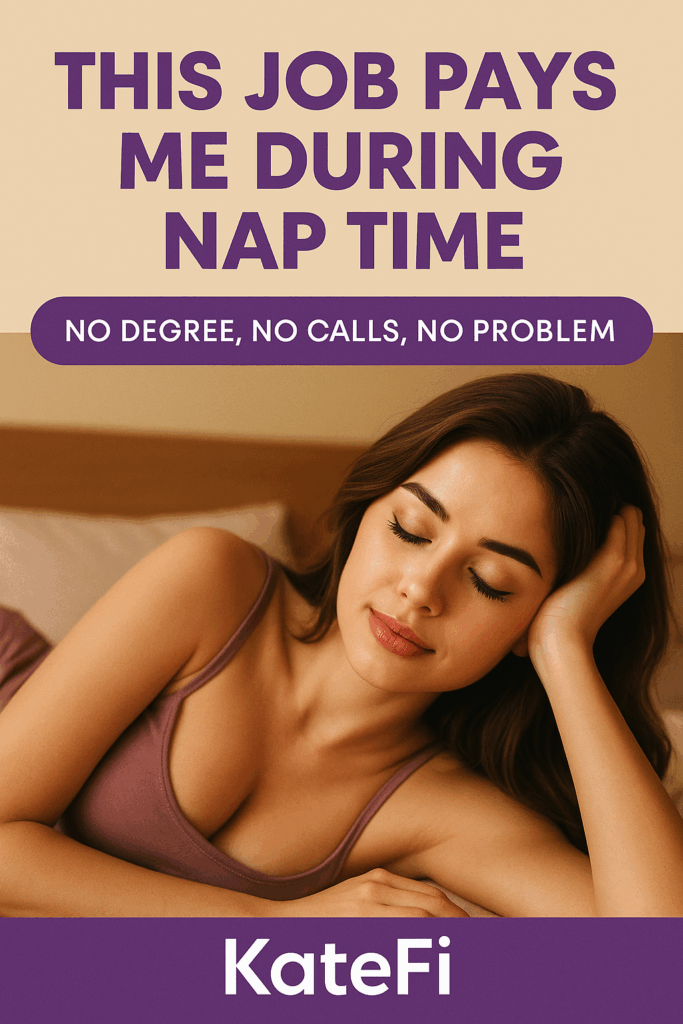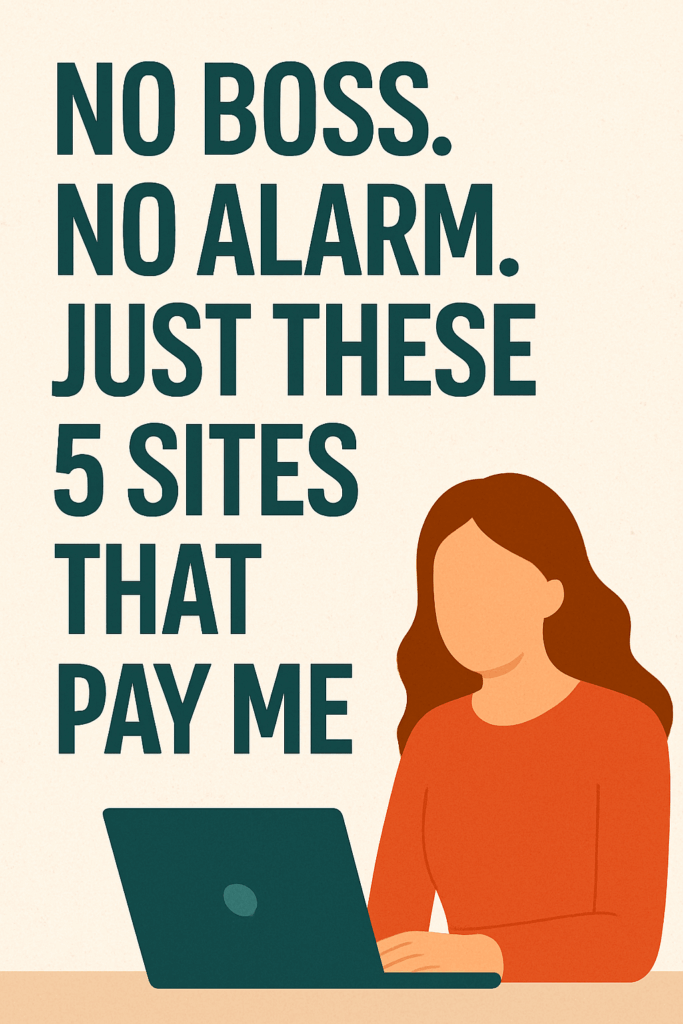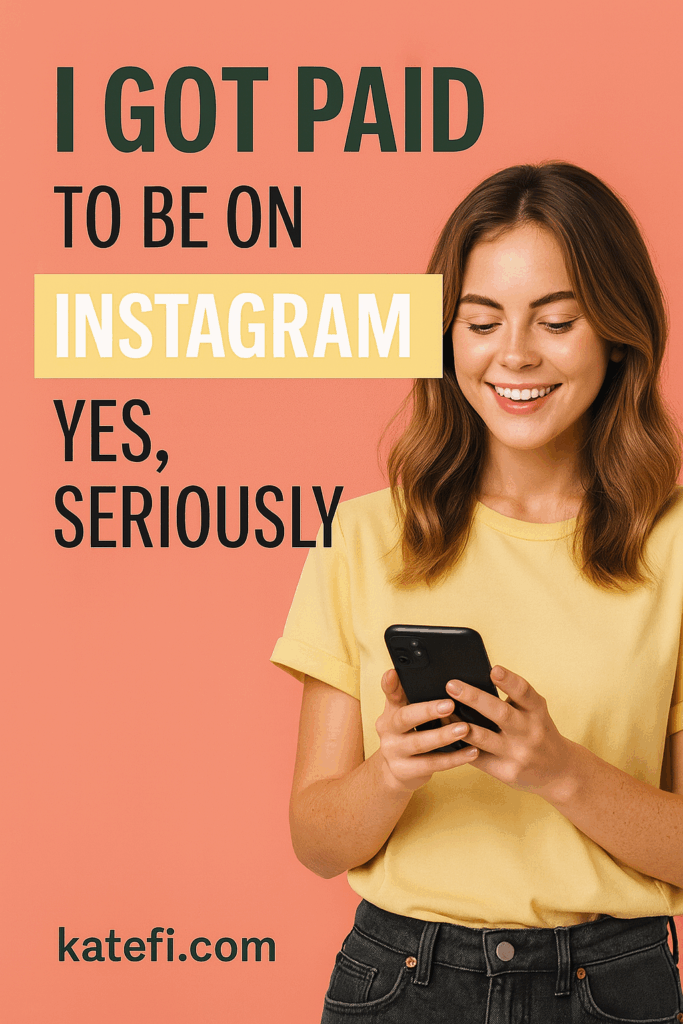How to Make Money with Freelancing: A Step-by-Step Guide
In recent years, freelancing has become a buzzword in the realm of side hustles and online work opportunities. Yet, while the concept of earning money on your own terms is appealing, it’s essential to separate the myths from the reality. This guide will answer frequently asked questions about freelancing and help you understand what works versus what is mere hype.
1. What is Freelancing?
Short quiz → match to openings; beginner-friendly and fully online.
Freelancing refers to self-employment where individuals offer their skills and services to various clients without being tied to a single employer. Freelancers can work in diverse fields such as writing, graphic design, programming, and virtual assistance.
2. Can I Really Make Money with Freelancing?
Yes, you can make money with freelancing, but results vary based on several factors, including your skills, experience, and how much time you can commit. Many freelancers supplement their income, while others make a full-time living. The key is to be realistic about your earnings potential and choose roles that suit your expertise.
3. What Skills Do I Need to Start Freelancing?
Play games, complete surveys, try apps — then cash out to PayPal, crypto, or gift cards.
You don’t need an extensive list of skills to get started, but having marketable talents is crucial. Some in-demand skills include:
- Writing and Editing
- Graphic Design
- Web Development
- Social Media Management
- Virtual Assistance
If you’re just starting, platforms like ChatJobs can match you with beginner-friendly roles, enabling you to gain experience without extensive credentials.
4. Is Freelancing Safe and Legitimate?
Yes, freelancing is legitimate, but you should always do your due diligence. Research clients before accepting projects, especially on freelancing platforms, and look for red flags such as unclear job descriptions or unverified payment methods.
5. How Do I Find Freelance Work?
Finding freelance work can be challenging, but there are numerous platforms and methods to help you get started:
- Freelance Platforms: Websites like Upwork, Fiverr, and WritingJobs offer a marketplace for freelancers to find gigs.
- Social Media: Join relevant groups on Facebook or LinkedIn where clients look for freelancers.
- Networking: Connect with others in your field through local meetups or online forums.
6. What are the Best Freelance Platforms?
Here’s a quick comparison of popular freelance platforms:
| Platform | Best For | Fees |
|---|---|---|
| Upwork | Diverse job categories | 20% on the first $500 |
| Fiverr | Creative services | Starts at 20% |
| ChatJobs | Beginner-friendly gigs | Low fees |
| SocialPaid | Social media jobs | No fees |
| WritingJobs | Writers | Free to apply |
Among these, ChatJobs stands out for beginners looking to ease into freelancing.
7. How Much Can I Expect to Earn?
Answer a quick set of questions and see simple social media tasks that pay. Flexible hours, easy to start.
Earnings vary widely based on experience, niche, and workload. Here’s a rough estimate of average hourly rates for common freelance roles:
| Freelance Role | Average Hourly Rate |
|---|---|
| Writer | $20 – $100 |
| Graphic Designer | $25 – $150 |
| Web Developer | $30 – $150 |
| Virtual Assistant | $15 – $50 |
While some freelancers earn significantly more, it’s important to build your portfolio and reputation to command higher rates over time.
8. Do I Need a Business License for Freelancing?
Generally, you don’t need a business license to start freelancing. However, check your local regulations and tax requirements to ensure compliance. If you generate substantial income, consider forming a legal entity, like an LLC, for liability protection.
9. What Tools Do I Need to Get Started?
SocialPaid connects you with quick, simple social media tasks you can do from your phone.
- Personalized gigs via short quiz
- 15–30 minute task blocks
- Beginner friendly
Investing in the right tools can make your freelancing journey smoother. Here’s a checklist to get started:
- Computer & Internet: A reliable device and a stable internet connection are essential.
- Project Management Tools: Consider apps like Trello or Asana to manage tasks.
- Invoicing Software: Tools like QuickBooks or FreshBooks can help you manage your finances.
Additionally, many freelance gigs don’t require heavy investments upfront. If you’re looking for simple ways to start earning quickly, explore opportunities with SocialPaid.
10. What Should I Include in My Freelance Portfolio?
A strong portfolio showcases your skills and past work. Here are essential components to include:
- Samples of Work: Provide examples relevant to your niche.
- Client Testimonials: Positive feedback from past clients can boost credibility.
- A Professional Bio: Briefly introduce yourself and highlight your experience.
11. How Do I Set My Rates?
CuraDebt offers a free consultation to see if you qualify for relief and lower monthly payments.
Setting rates can be tricky. Here are some strategies to consider:
- Research: Look at competitors’ pricing in your niche.
- Start Low: As a beginner, consider starting with lower rates to build your portfolio.
- Increase Gradually: Once you gain experience and a solid client base, incrementally raise your rates.
12. What Are Common Freelancing Myths?
As with any industry, freelancing comes with its fair share of myths. Here are a few to bust:
- Myth: Freelancers are not serious about their work.
- Reality: Many freelancers are dedicated professionals managing their businesses.
- Myth: Freelancing means unstable income.
- Reality: With consistent clients and good planning, many freelancers enjoy a stable income.
- Myth: Freelancers don’t need to worry about taxes.
- Reality: Freelancers must track income and file taxes, often needing to make estimated payments.
13. How Can I Protect Myself as a Freelancer?
Apply to writing gigs that fit your schedule, from short reviews to blog posts.
To safeguard yourself while freelancing, consider the following:
- Contracts: Always use contracts to clarify scope, payment, and deadlines.
- Payment Terms: Establish clear payment terms before starting work. Consider requesting deposits for larger projects.
- Insurance: Depending on your field, you may want to consider professional liability insurance.
14. What Should I Do If I Face Payment Issues?
If a client fails to pay, first attempt to communicate directly and resolve the issue amicably. If that fails, you can consider the following steps:
- Involve a Collection Agency: This is usually a last resort and may affect your relationship with the client.
- Consider Freelance Platforms: Many platforms provide mediation services for payment disputes.
15. How Can I Keep Track of My Finances?
Managing finances is crucial for freelancers. Use accounting software like QuickBooks, or create a simple spreadsheet to track income and expenses. If you have significant debt, you may want to explore resources like CuraDebt for assistance.
16. Final Thoughts
Freelancing offers a wealth of opportunities for those willing to invest time and effort. By dispelling common myths and understanding what works, you can carve out a successful freelance career. Whether you’re starting with beginner-friendly roles on ChatJobs or looking to diversify your income streams, the freelancing world is ripe with possibilities.
By keeping your skills sharp, networking effectively, and utilizing the right tools, you can turn freelancing from a side hustle into a fulfilling career. Happy freelancing!





















